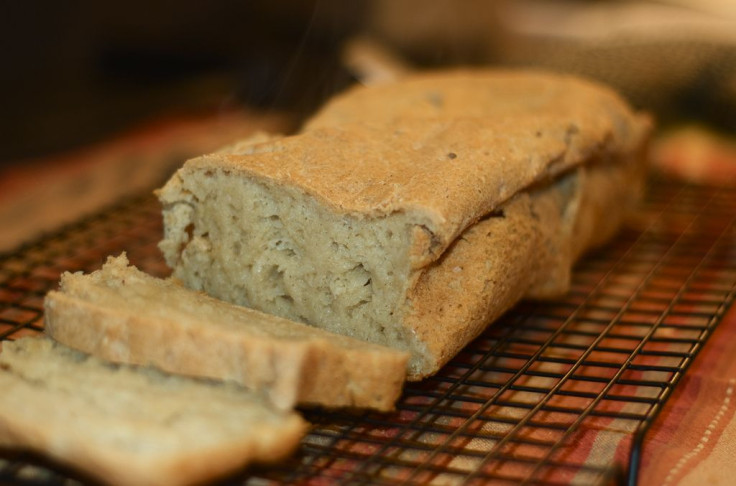A Gluten-Free Diet May Not Be As Healthy As You Thought, Offering Little Difference In Nutritional Value

Gluten-free is one of the most popular diets on the modern market, but the hype may not be as healthy as Americans perceive it to be. Australian researchers from the George Institute for Global Health took a look at 3,200 different foods in order to reveal the true nutritional value of gluten-free products when compared to their gluten-laden counterparts, and according to their findings, the perceived benefits from gluten-free diets may be as numerous as you might think.
“There has been a tidal wave of gluten-free products coming onto the market in recent years and many people have been caught in the wash as they search for a healthier diet,” said the study’s lead author Dr. Jason Wu, a researcher at George Institute, in a press release. “The foods can be significantly more expensive and are very trendy to eat, but we discovered a negligible difference when looking at their overall nutrition. We found on average that gluten and gluten-free foods are just as healthy, or unhealthy, as each other.”
The number of Americans who have turned to gluten-free products for healthy weight loss or maintenance is at an all-time high, making up 30 percent of the dieting population as of 2013. The numbers continue to climb as the market increases for dieters going gluten-free. Just five years ago, many Americans weren’t even aware there were benefits to going gluten-free. Why now?
“Gluten-free products are necessary for people with celiac disease, but this information is important because of their broader use in the community,” Wu said. “Many people need gluten-free food, but there is a growing group who are only trying it for its apparent healthiness. Fancy labels on gluten-free foods have the potential to be used as a marketing tactic, even on products that traditionally don’t have any gluten in them anyway.”
Gluten-free products were originally designed and marketed to those with celiac disease — an autoimmune disorder in which gluten damages the small intestine. Gluten is a protein found in wheat, barley, and rye, and acts as the foods’ glue to help maintain its shape and consistency. But one out of every 100 people in the world must abstain from it, and choose gluten-free products, according to the Celiac Disease Foundation. Avoiding gluten is the only way to preventively treat celiac disease.
Gluten-free products have become popular in today’s grocery stores. In 2011, $7.3 billion worth of gluten-free products were sold, and experts predict sales will more than double to $15.5 billion by 2016. Between 20 million and 25 million people who are genetically predisposed to the condition have to avoid products containing gluten, which means breads, baked goods, pastas, cereals, sauces, salad dressings, and beers are off limits. However, not all products manufactured for non-celiac disease dieters are healthier or beneficial for long-term health.
There is also a small population of people who are considered gluten intolerant or sensitive but do not come up positive for celiac disease during medical testing. The National Institutes of Health recently conducted a small, preliminary study to better understand the biological breakdown of gluten within their own gastrointestinal system.
“In the core foods we found significantly lower levels of protein in gluten-free foods, but the remaining content such as sugar and sodium was actually very similar,” Wu said. “The same was the case in the discretionary foods, with almost no difference in their nutritional make-up. Misinterpretation by consumers, especially of junk foods, that gluten-free means they are healthy is a real concern.”
A growing number of people are also beginning to think gluten is rupturing their own small intestines due to self-diagnosis. Some who experience chronic diarrhea, constipation, bloating, and fatigue assume gluten could be causing their tummy trouble. So they turn to the many gluten-free products lining grocery store shelves for relief. But Wu warns that those who don’t need to avoid gluten may be missing out on crucial vitamins and nutrients when sacrificing gluten.
“Whole grains along with fruit and vegetables are an important part of a healthy diet, while highly processed junk foods should be avoided,” Wu recommends. “Consumers can also use the Health Star Rating system which helps them to compare the healthiness of different products, regardless of whether they are gluten-free or not.”



























